Briefing Packs
In a busy world, sometimes you just need that update or issue explained in a nutshell. The Historical Association briefing packs provide succinct essential support for a range of issues affecting primary history teaching and learning. In addition our topic briefing packs provide an excellent starting point to learn more about particular historical periods, people and events.
Sort by:
Date (Newest first) | Title A-Z
Show:
All |
Articles |
Podcasts |
Multipage Articles
-

Ideas for Assemblies: Refugee stories
ArticleClick to view -

What confuses primary children in history...
ArticleClick to view -

Time for a story
ArticleClick to view -
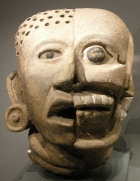
The Maya: a 4,000-year-old civilisation in the Americas
ArticleClick to view -
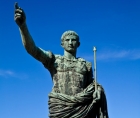
Summary of Key Changes to Primary Curriculum for 2014
ArticleClick to view -
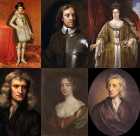
Progression without Levels
ArticleClick to view -
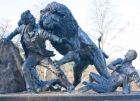
Thematic or topic based whole school curriculum planning
ArticleClick to view -

Case Study: Creative chronological thinking
ArticleClick to view -

In My View: Creativity & History
ArticleClick to view -

Creating the 'creative history' website
ArticleClick to view -
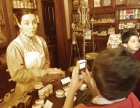
Geosong: a transition project
ArticleClick to view -
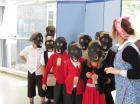
The Blitz - Lesson Ideas - Film
Multipage ArticleClick to view -
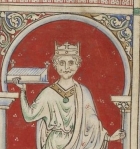
The Normans
Multipage ArticleClick to view -

Alternative Suggestions to the QCA Planning
ArticleClick to view -
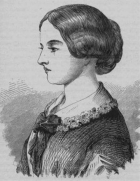
Florence Nightingale
ArticleClick to view -
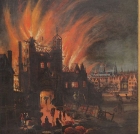
The Great Fire of London 1666
Multipage ArticleClick to view -
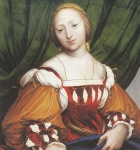
Tudor Society
Multipage ArticleClick to view -

Tudor Monarchy
Multipage ArticleClick to view -
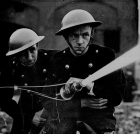
Britain Since 1930
Multipage ArticleClick to view -

Indus Valley
Multipage ArticleClick to view

